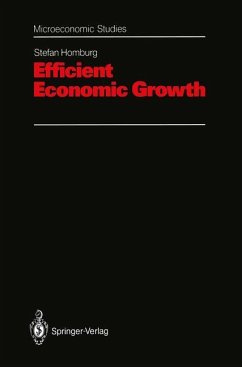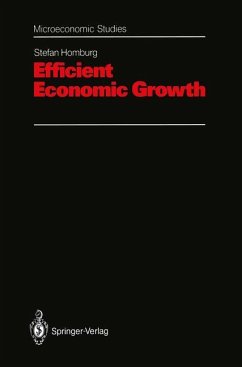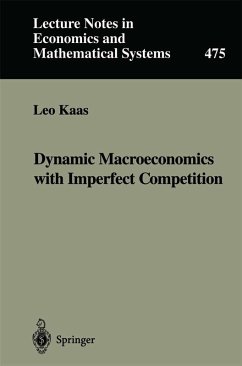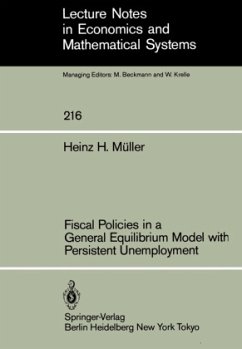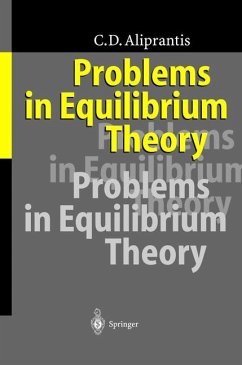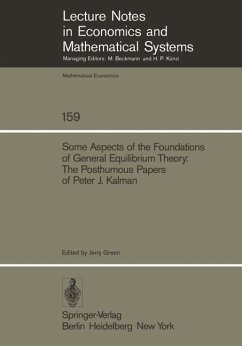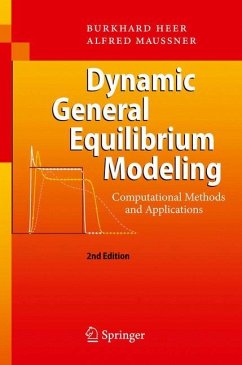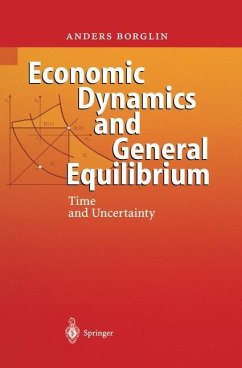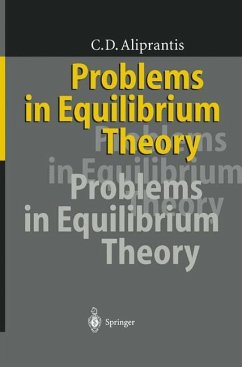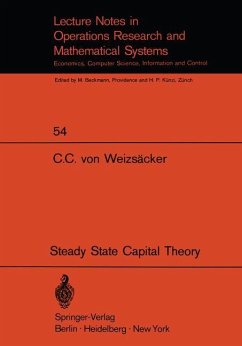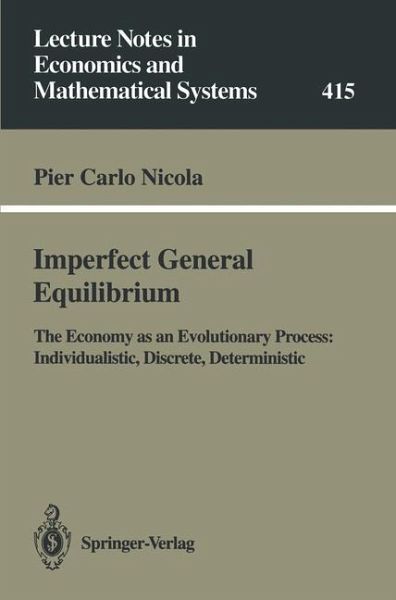
Imperfect General Equilibrium
The Economy as an Evolutionary Process: Individualistic, Discrete, Deterministic

PAYBACK Punkte
20 °P sammeln!
Economic theory of the last fifty years has been dominated by the paradigm of General Equilibrium Theory, based on the scientific work of Walras-Pareto-Cassel-Wald-Hicks-Arrow-De breu-McKenzie. Some of its grounding assumptions are: all prices are fully flexible; an auctioneer appropriately manipulates all prices according to the law of supply and demand; every con sumer has only one budget constraint; all agents are perfectly informed; no actions are taken by agents before a vector of prices has been found such that all markets clear. Indeed, when all markets clear every agent can implement h...
Economic theory of the last fifty years has been dominated by the paradigm of General Equilibrium Theory, based on the scientific work of Walras-Pareto-Cassel-Wald-Hicks-Arrow-De breu-McKenzie. Some of its grounding assumptions are: all prices are fully flexible; an auctioneer appropriately manipulates all prices according to the law of supply and demand; every con sumer has only one budget constraint; all agents are perfectly informed; no actions are taken by agents before a vector of prices has been found such that all markets clear. Indeed, when all markets clear every agent can implement her/his chosen (opti mal) action and nobody is urged to change his/her decisions. Under these assumptions it is generally said that in a (one pe riod, competitive) general equilibrium model there is no place for money. The present monograph takes general equilibrium as the ba sis on which to build the model presented. But its first aim is to completely dispense with the Walrasian auctioneer by giving firms the task of choosing their output price~ period after period.



